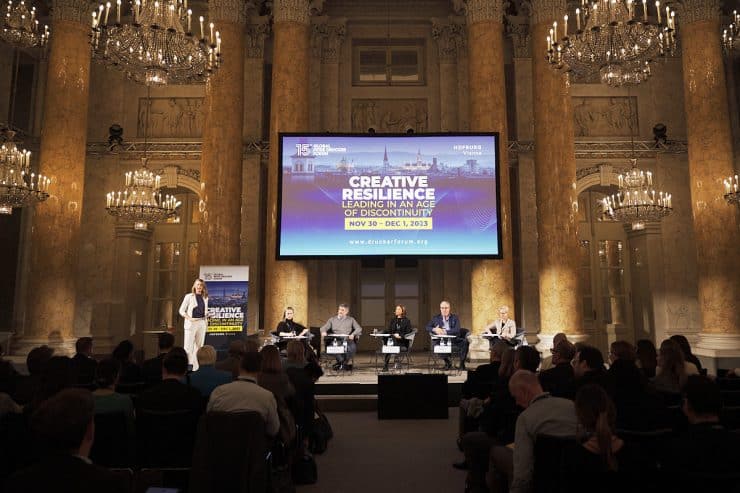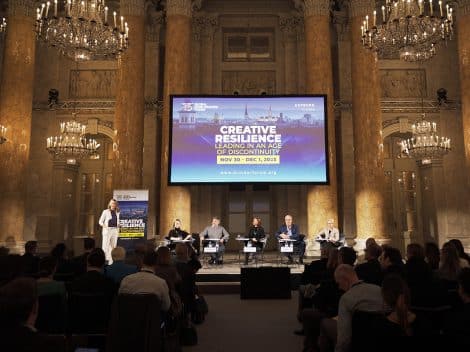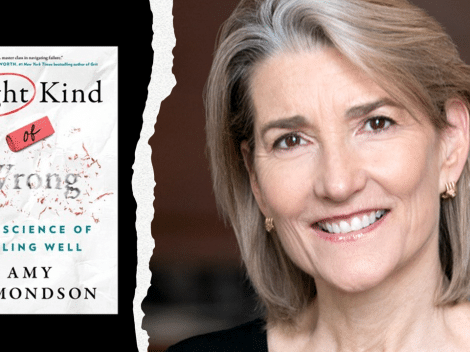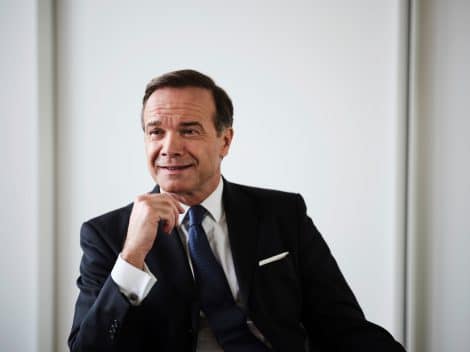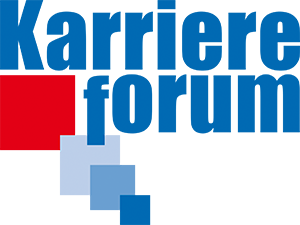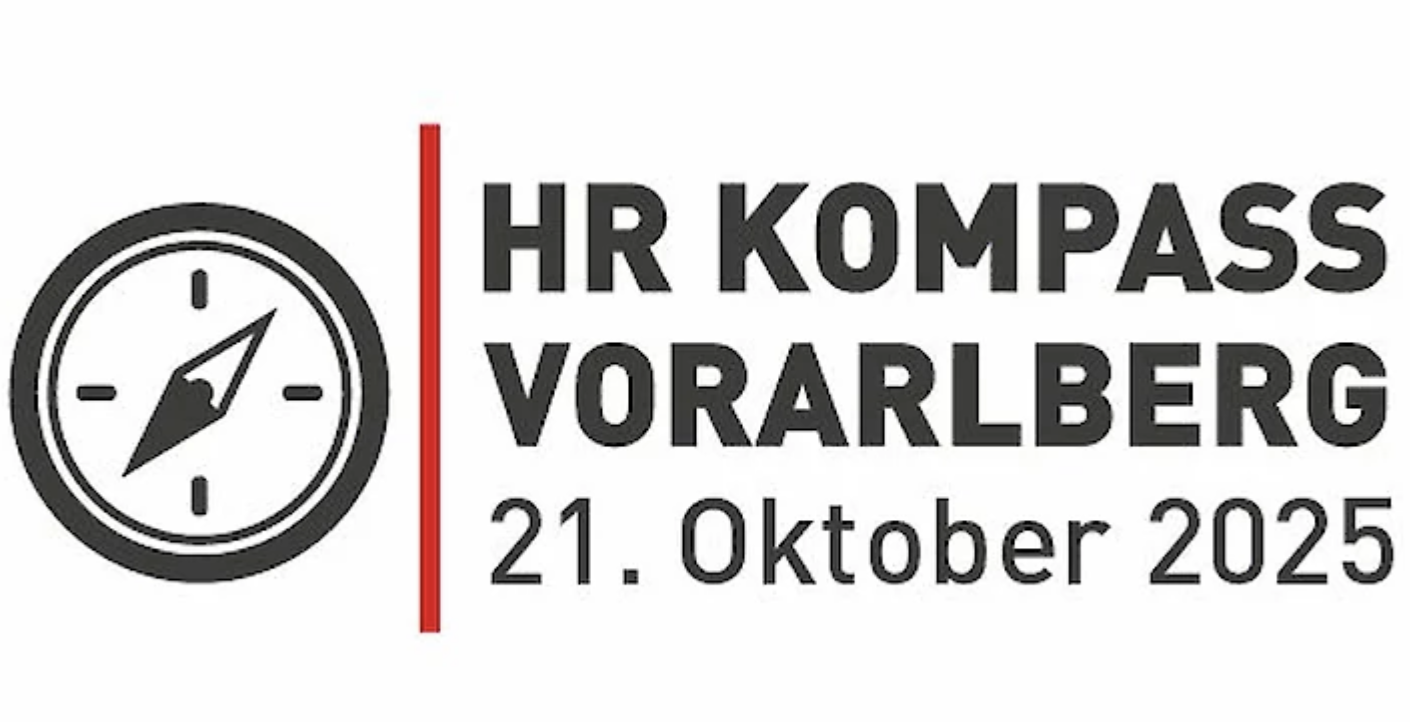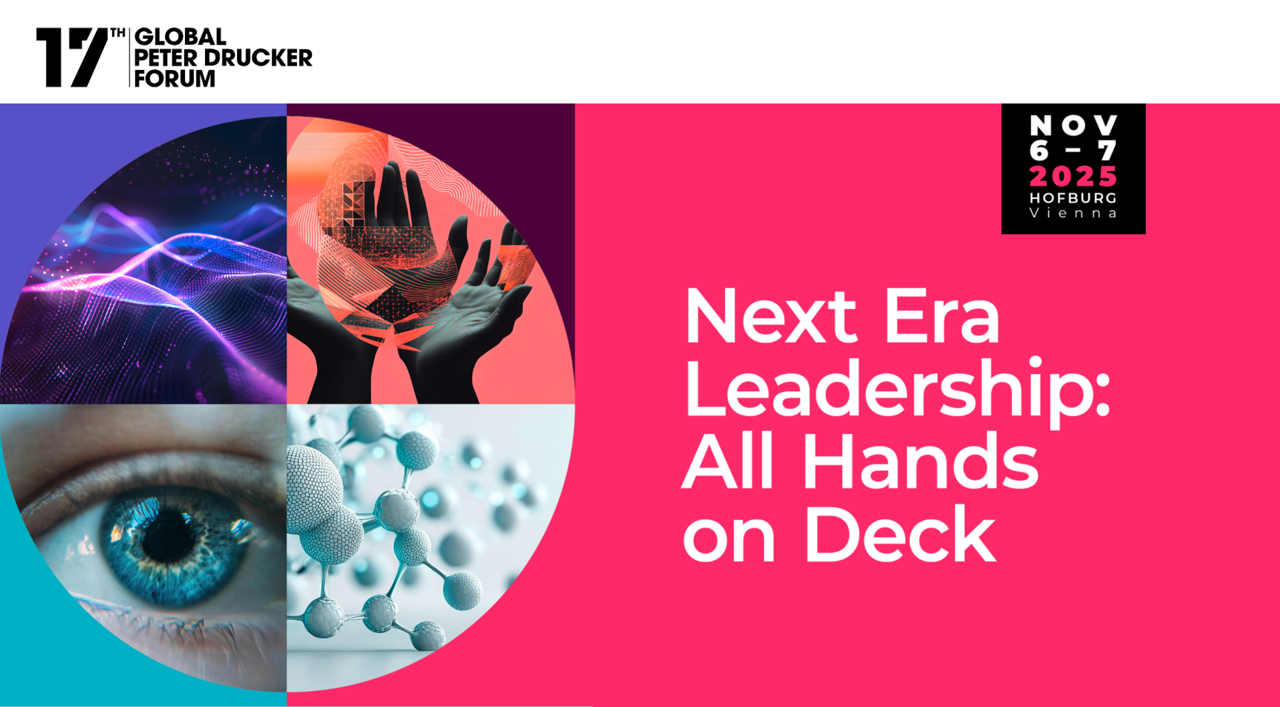Last week, the 15th Global Peter Drucker Forum took place at the Wiener Hofburg in Vienna. The initial impression was this: In the past, one attended an international top management conference to learn from others. Today, one attends such a conference to learn from each other. Over the course of two days, top executives, emerging talents, and leading thought leaders gathered for exchange and discussion.
We borrow the designation “Davos of Management” from the Financial Times, which uses this label for the Global Peter Drucker Forum. Summing up the 15th Forum succinctly on the second day, Duke Professor Tony O’Driscoll remarked:
Today, we live in a figure-it-out world rather than in a find-out world.
Tony O’Driscoll
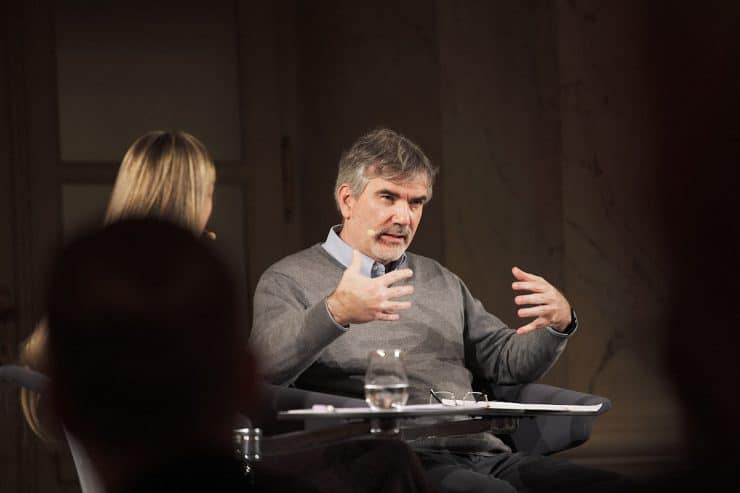
We are currently living in a world where there are no best practices because what we are doing is entirely new. Therefore, it’s not about finding the best solution that already exists somewhere but about developing new solutions. In such an environment, no one has the solutions that you can take away from a conference and immediately implement. What you can do is engage in discussions, learn from each other, take away ideas, and develop a sense of what are methods from the past, and what methods suited for today and tomorrow could be.
The only mistake would be not to try anything new. The only risk would be not making the most of mistakes, as noted by the number one management thought leader, Amy Edmondson.
If you want to be a success, become an elite failure practitioner. People who are leaders in their field got there because they embraced failure much more wholeheartedly than others.
Amy Edmondson
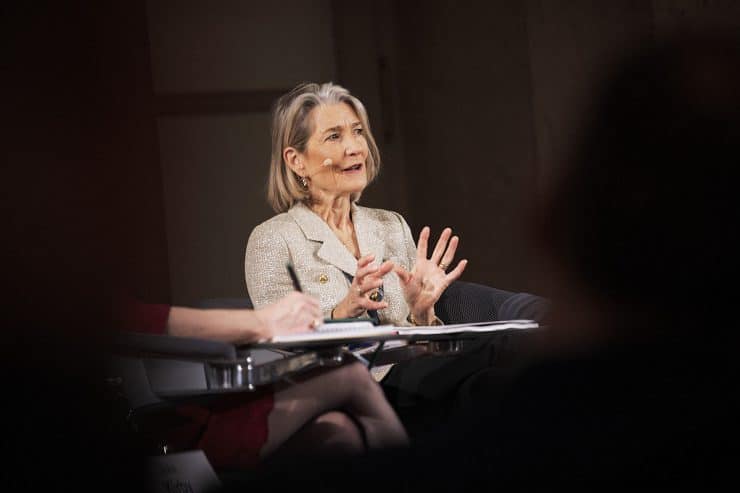
During challenging times, executives must ensure they remain strong. Hortense Le Gentil, an international leadership coach, draws a comparison to an emergency on an airplane:
Leaders need to take care of themselves before they can take care of others. They can also say ‘I don’t know’ and ask for help.
Hortense le Gentil
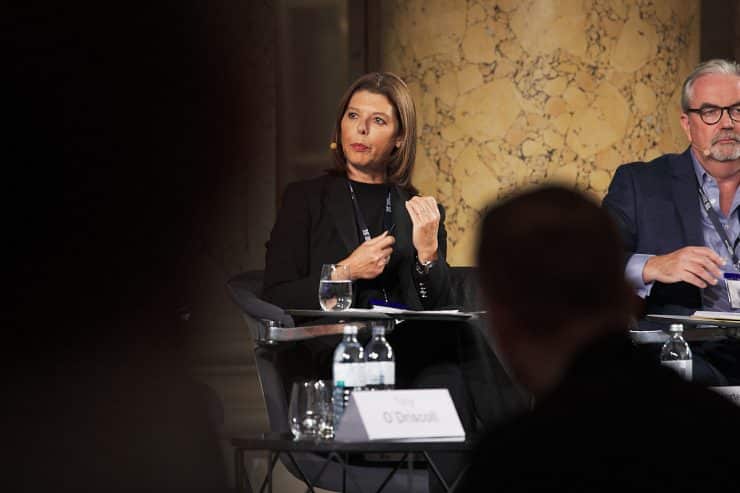
Kevin Nolan, CEO of General Electric Appliances, who has completely transformed the technology giant into a company of micro-enterprises with its parent company Haier, offers cautionary words.
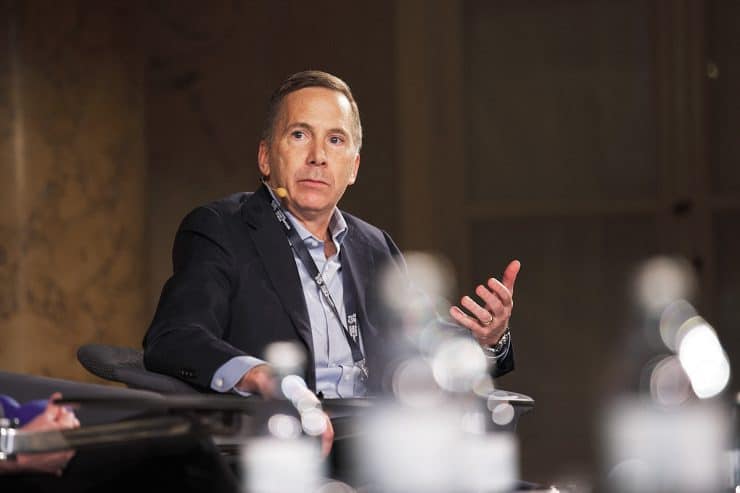
We are underestimating what’s happening with #AI and society. My impression is that we are in denial.
Kevin Nolan
We all have a business model. But it’s wrong.
We can create an amazing future, but only if we learn, everyone, every day.
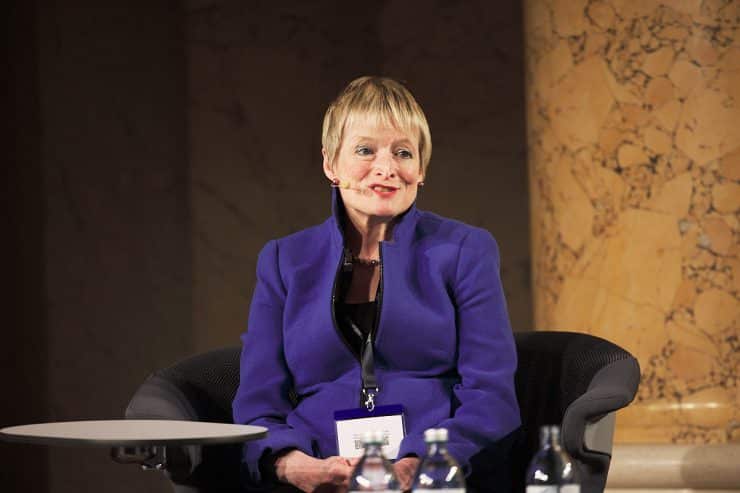
One key takeaway is Rita McGrath’s repeated reminder to anticipate significant changes and to continually engage in dialogue in a shared world:
People can disagree and still progress together.
Rita McGrath
Daniel Pink reminded those present of what we should primarily avoid: things we later regret. He distinguishes four types of regret:
- Foundation regrets: “if only …”
- Boldness regrets: play safe or take the chance? People regret not taking the chance.
- Moral regrets: high road or low road? People regret not taking the high road.
- Connection regrets: we regret not staying connected.
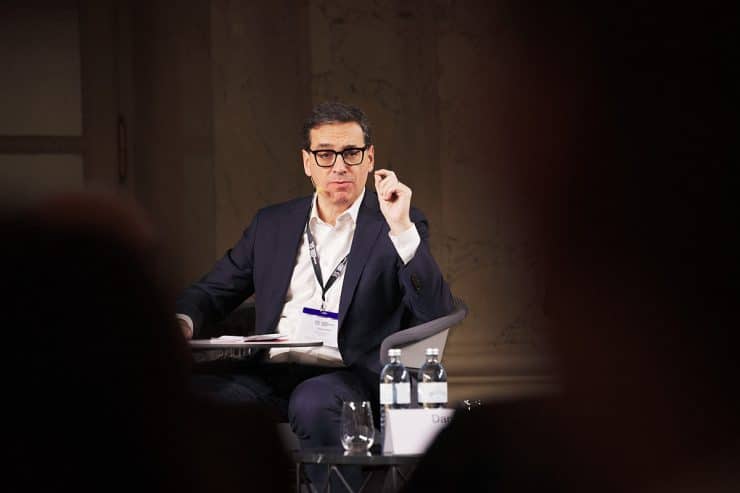
The young management generation was not only represented by 20 award winners from an essay competition, the Peter Drucker Challenge, but also on the podiums, including the youngest Austrian moderator, Sophie Kaitlin Drescher (17).
You’re frustrated? Great – use this frustration to make a difference.
Sophie Kaitlin Drescher
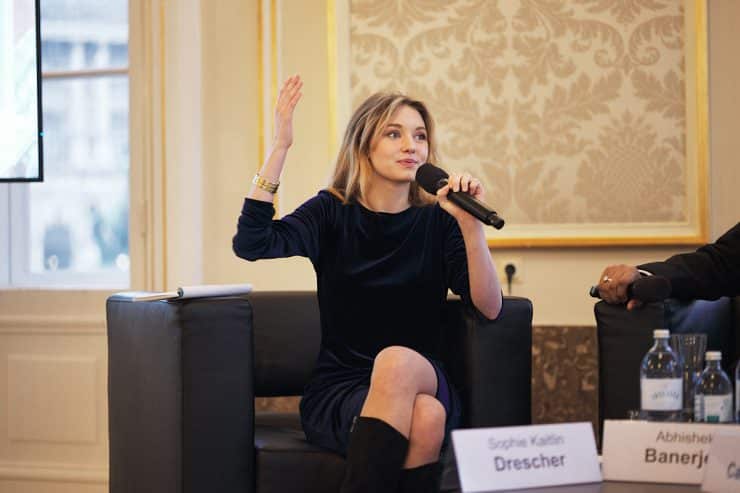
The wonderful Herminia Ibarra from the London Business School was once again a speaker at the event. Her recommendations align with the overarching theme of the entire event.
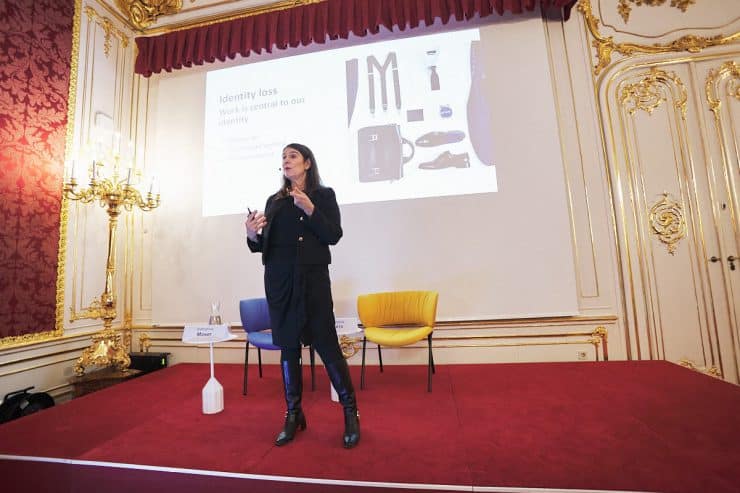
New networks, a new story and a group of kindred spirits are some of the things that we need to build a new career.
Herminia Ibarra
Perhaps this advice is not only useful for careers but also for uniting society.
An initial overall impression: Nobody has all the solutions; everyone is searching, experimenting, and learning. And indeed, working together still yields the best results.
#DruckerForum – more reports to come

